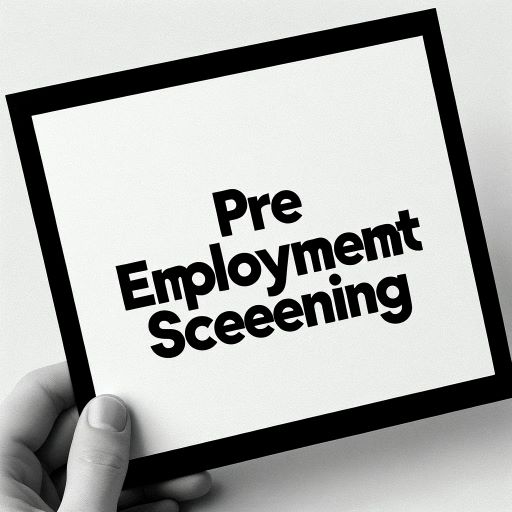pre employment credit check
National Insurance number (UK)
• Global watchlist checks to flag individuals involved in illicit activities internationally.
• Employee theft
Background check companies play a vital role in enhancing preemployment screening processes for organizations. Companies like Eurocom CI offer specialized solutions tailored to meet your screening needs. With dedicated teams proficient in various background checks, these companies guarantee thorough screenings aligned with industry standards such as BPSS, SMCR, and PCI Compliance.




